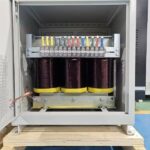 EnerJet 75KVA Step Up Transformer
EnerJet 75KVA Step Up Transformer
EnerJet 75KVA Step Up Transformer
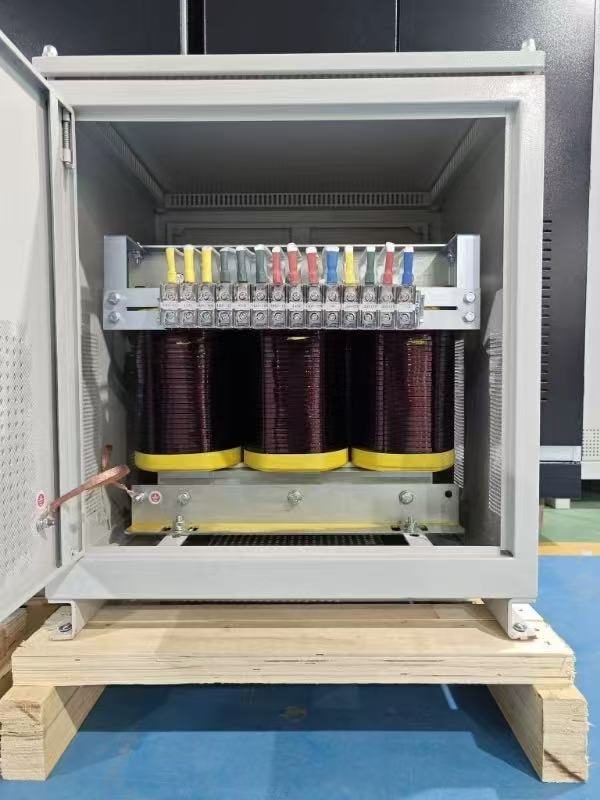
EnerJet 75KVA Step Up Transformer
$7,999.00
- 75KVA Isolation Step-Up Transformer
- Dry Type
- UL certified
- Compatible with EnerJet 60KW DC Charging Stations
- Input voltage: 240v single
- Output voltage: 480v three
- Winding material: Copper
- Frequency: 60 Hz
- Vector group: Dyn11
- 2-year warranty
Availability: 5 in stock
- Categories: Transformers
- SKU: EJSTPU75KVA
- GTIN: 198715918601
- Brand: EnerJet
- Estimated shipping time: 2026-03-30
- Free Shipping

Specifications
Convenient EV Charging Station
Enerjet step-up transformers are dry type transformers. They increase the voltage from 240 volts single phase to 480 volts three phase. A customer can use a transformer to power a DC Super-Fast EV Charging Station if the customer does not have 480-volts and three phases of electricity at his or her home or commercial facility. This enables the fast deployment of a station without the need to obtain a voltage and phase upgrade from the utility company.
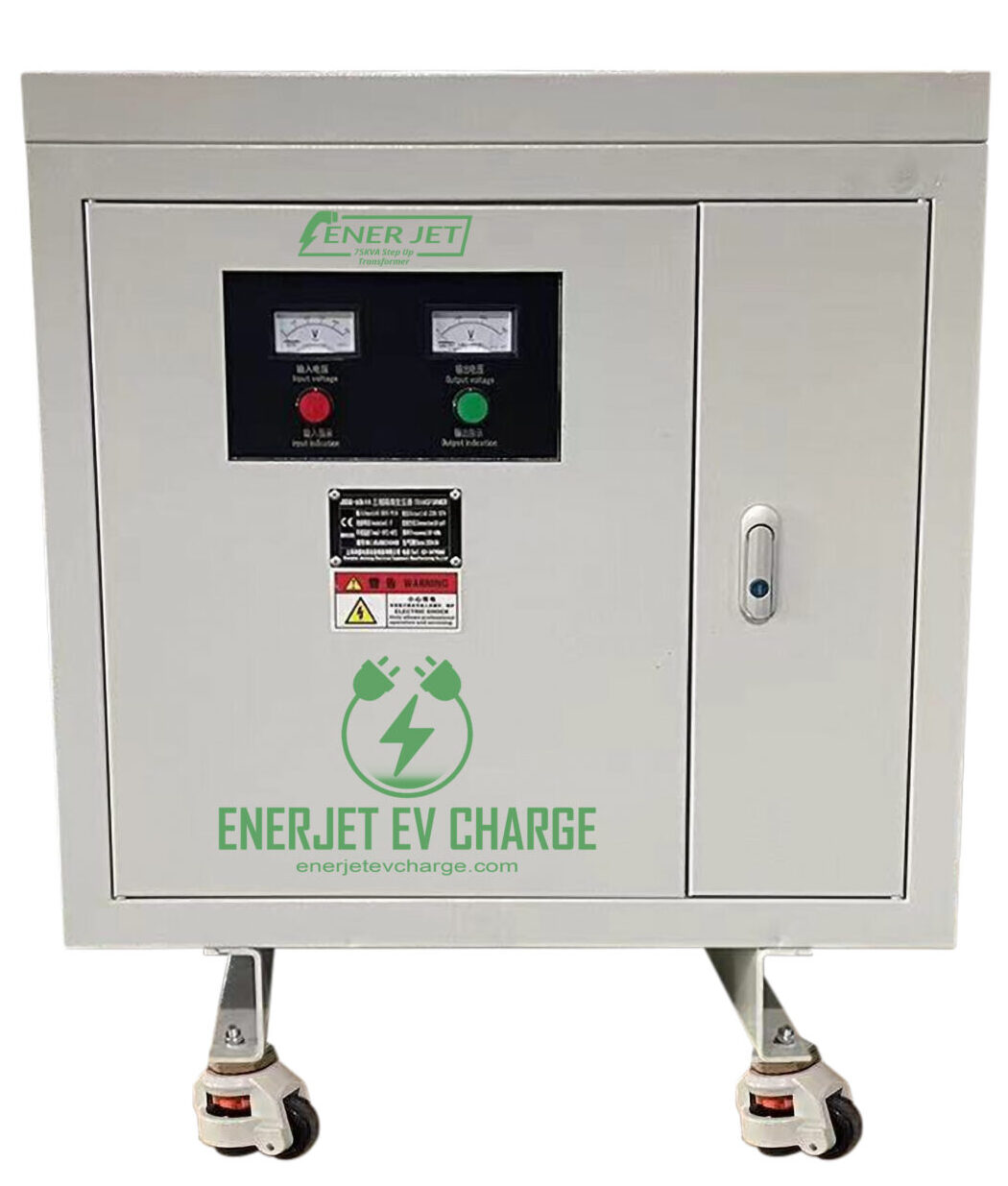
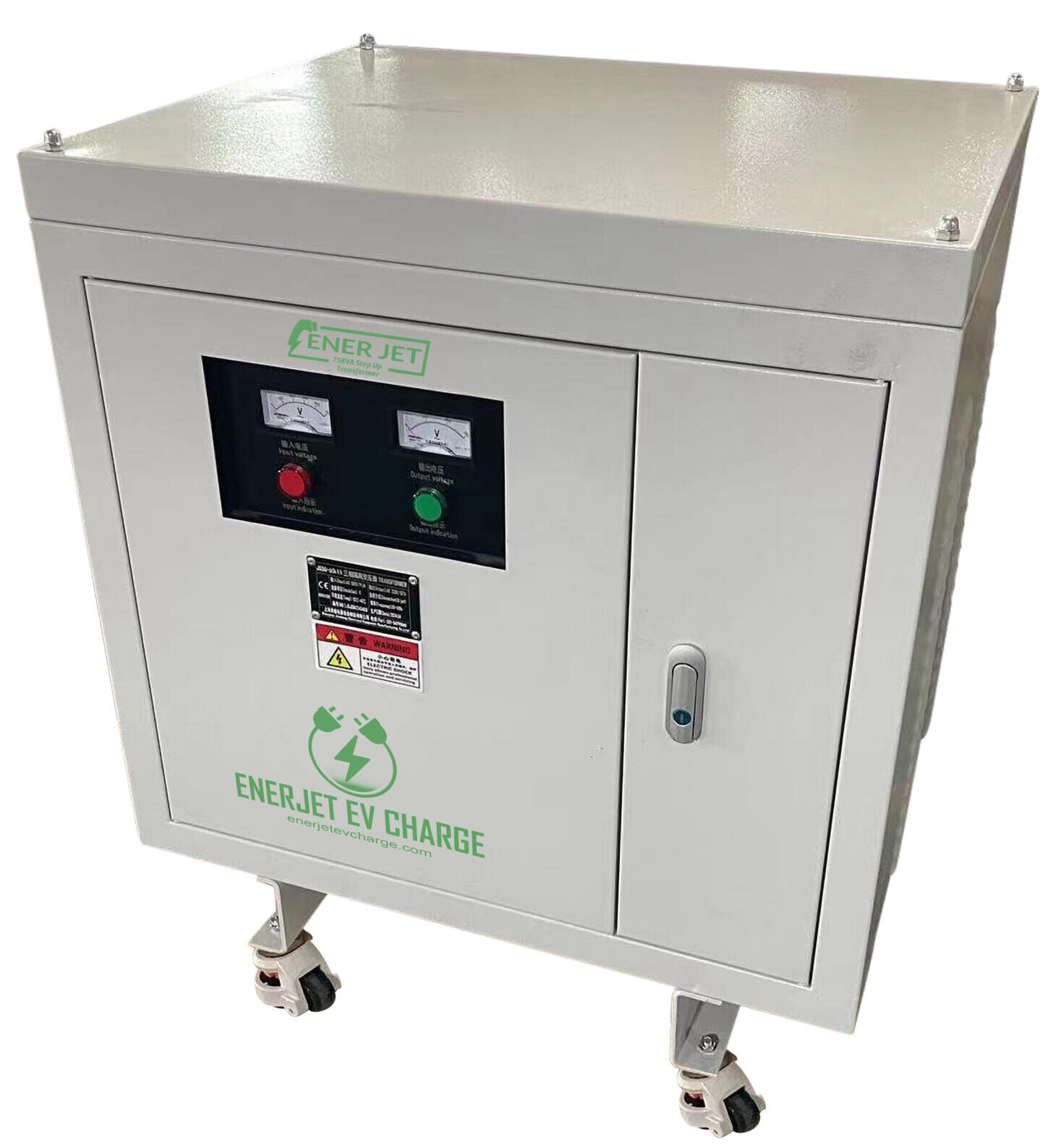
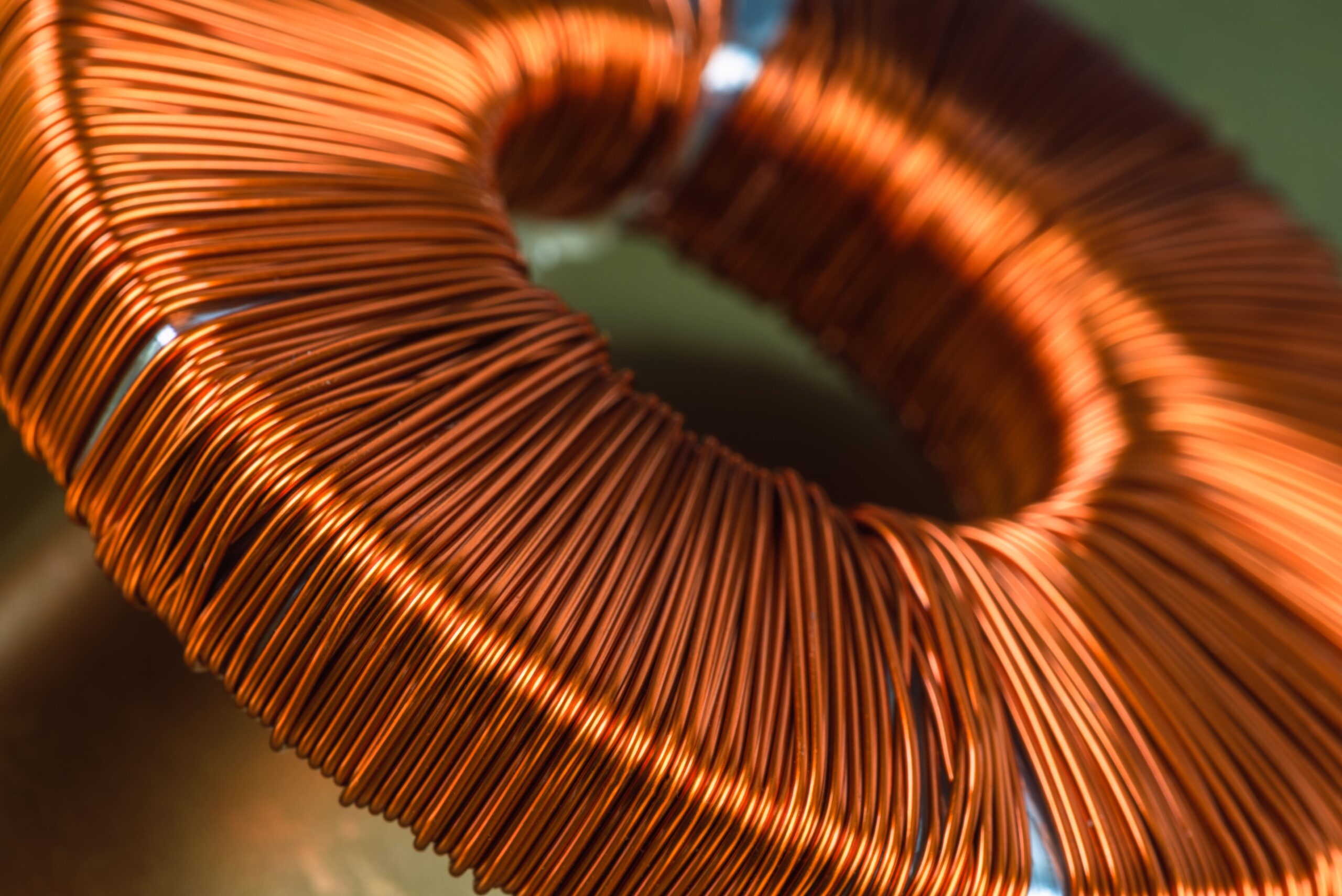
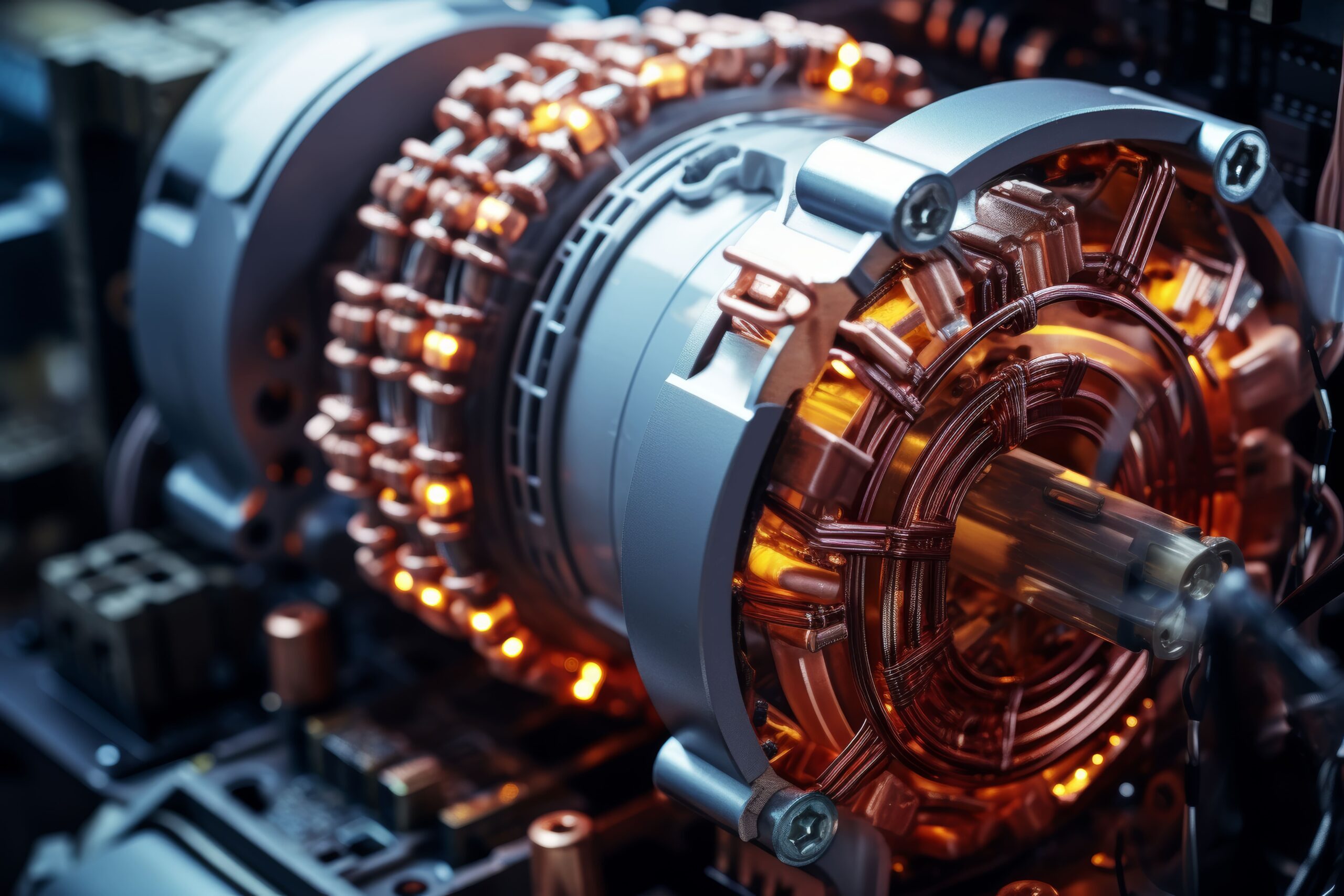
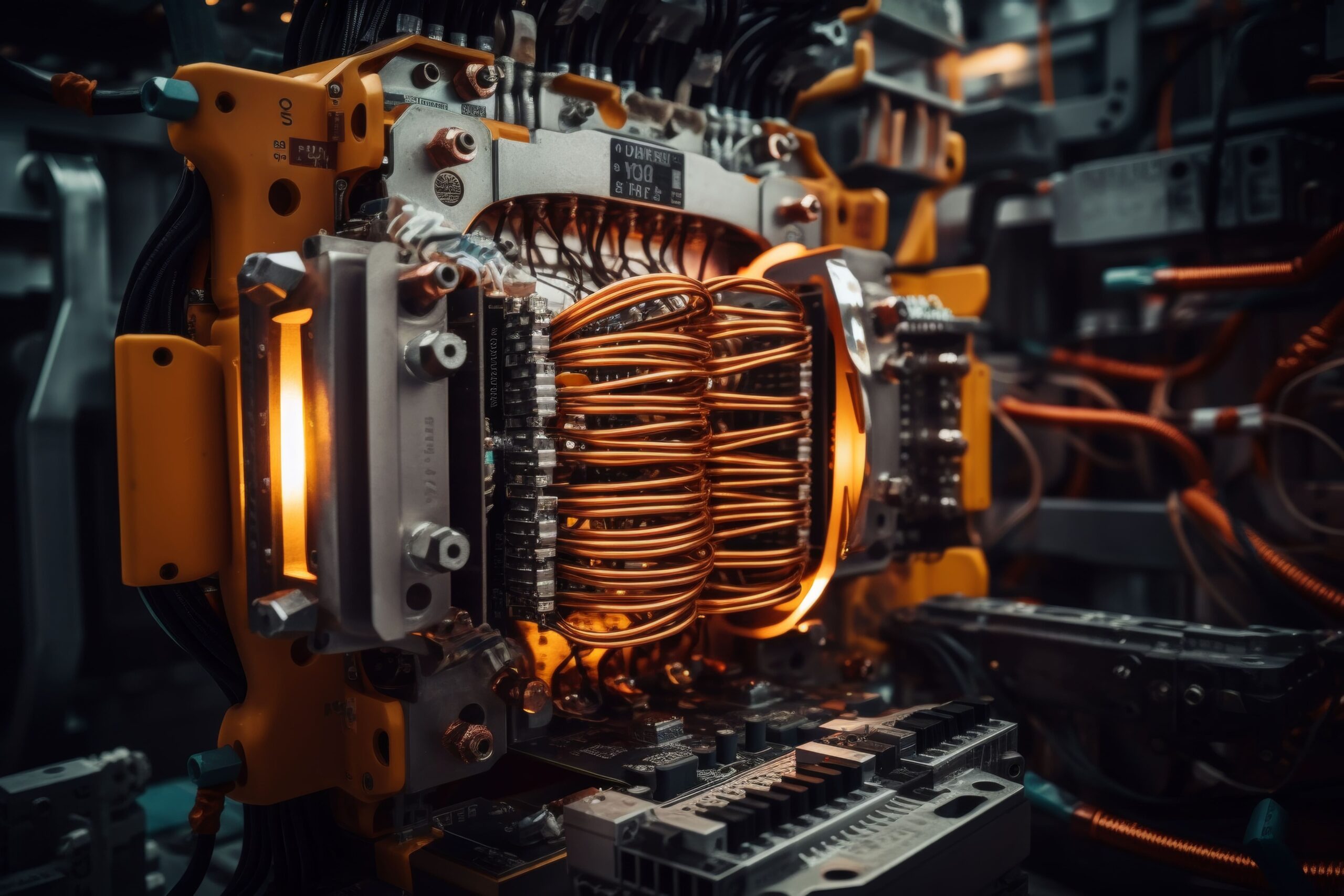
QUESTIONS & ANSWERS
Frequently Asked Questions
What is the difference between 30KW, 60KW, 120KW and 240KW Level 3 EV Charging Stations?
KW refers to the amount of power of a DC Charger. The higher the KW, the more power the charger delivers. For example, a 240KW Level 3 DC Charger can add 800 miles per hour to an electric vehicle while a 30KW Level 3 DC Charger, adds 100 miles per hour.
What is the Difference Between AC and DC Electric Vehicle Charging Stations?
A key difference between AC and DC electric vehicle charging stations is that AC chargers are limited by the vehicle’s acceptance rate. For example, some EV have an acceptance rate of only 3.6 KW. In such a scenario, an AC charger can only supply 3.6KW of power even if the charger’s rated power is 30KW. On the other hand, a DC charger has a built-in converter and delivers power beyond the vehicle’s acceptance rate. Therefore, a 30KW DC charger supplies 30KW of power regardless of the vehicle’s particular acceptance rate. Another difference is the voltage. AC chargers are much slower because they only use either 120-volts (Level 1) or 240-volts (Level 2). Level 3 DC chargers, on the other hand, typically run off of 480-volts and three phases.
Do the Level 3 EV Charging Stations Accept Credit Card Payments?
Yes. The Level 3 ev charging stations accept all major credits cards through the OCPP software and RFID scanner. We also work with vendors who provide our customers with a QR-Code to process payments.
What is a Nationally Recognized Testing Lab?
A Nationally Recognized Testing Lab (NRTL) is one approved by OSHA. UL and SGS are NRTLs. The current version of the National Electrical Code (NEC) requires ev charging stations to be listed by a NRTL. “Listed” means that an approved NRTL tested the equipment and it can be verified on the NRTL’s website.
Do You Provide Installation Support for the EV Charging Stations?
Yes. We provide after-sales installation support for all the ev charging stations.
What kind of maintenance is required for the EV Charging Stations?
The ev charging stations are designed for minimal maintenance. Regularly check connections and clean components as needed. Detailed maintenance guidelines are provided in the user manual, and our support team is available for additional assistance.
 EnerJet 75KVA Step Up Transformer
EnerJet 75KVA Step Up Transformer
- Emergency Roadside EV Charger
- Charger EV Anywhere Without a Power Source
- Supports Optional Level 2 Portable EV Charger, 40 Amp, 240 Volt, Level 2 charger (Adds up to 60 miles)
- Multifunctional – Portable Power Station for RV, Camping, and Power Outages!
- Includes: 15KWh 48V LiFePO4 Battery
- 10KW Inverter Capable of DC48V to AC120V+240V Conversion
- Pure Sine Wave Output
- Portable 500-Watt Wind Turbine – Recharge Battery at Work for Free Energy
- Other Option – Charge On-Grid at 120v
- Perfect for Tow Trucks and Large Load Capacity EVs
- Weight 380 Lbs
- Dimensions: 2.2 in (L) x 2.1 (W) x 1.5(H)

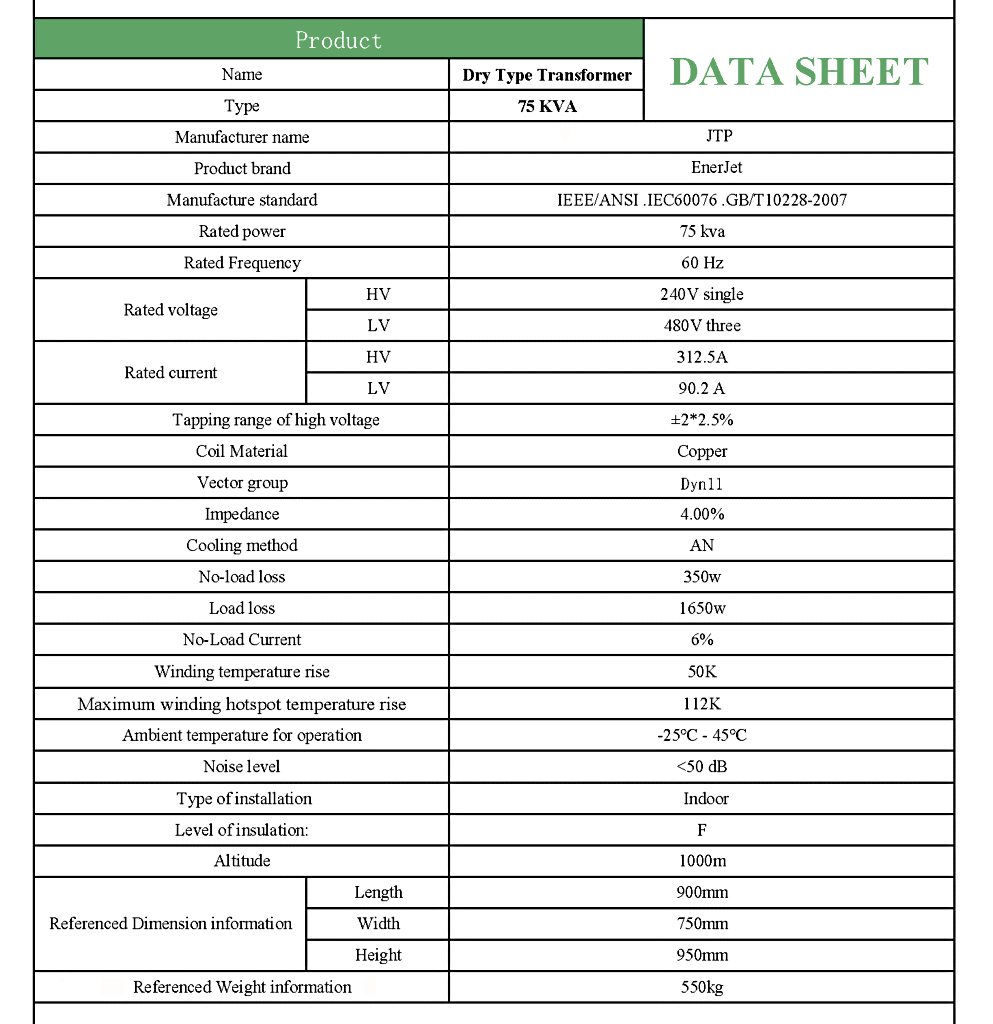
Reviews
There are no reviews yet